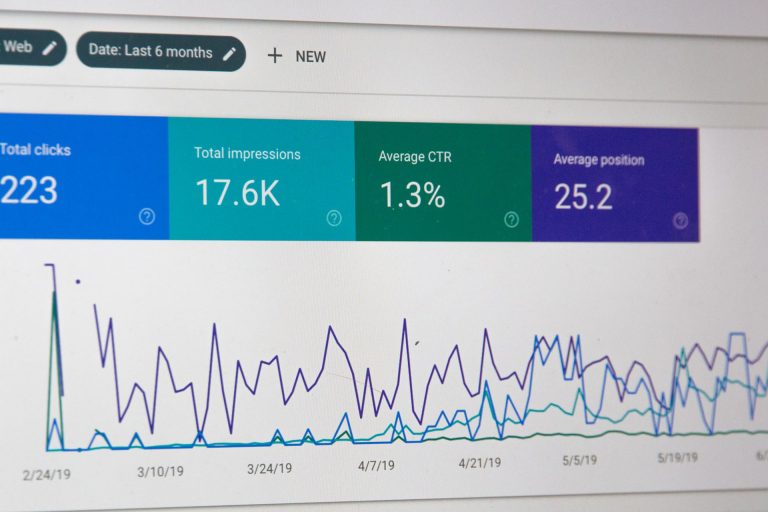What Is Semantic Search?
Google’s Evolution
Since its inception, the Google search engine has evolved in various ways to better server searchers. And during this time, they have had countless algorithm improvements and updates. Some updates are on the larger scale while others are more frequent but on a smaller scale.
One of these evolution’s was called semantic web. At the time it was a major change for search engines, and it was a big step forward in delivering the best possible search results for users.
What is Semantic Search
Semantic Search adds intelligence to search by considering both the intent of the searcher and the overall context of the result to match and understand search queries and relevant answers in a more meaningful and natural way. It’s an evolution of lexical search, where search engines relied on literal matches of keywords, without any context or understanding of the meaning behind them and the user’s search intent. Semantic search improves search relevance by accepting queries and delivering results in a more conversational voice, understanding the users intent, and considering indirect but relevant content that may be of additional help.
Enter The Semantic Web
It’s no surprise that the future of search has continued with the direction of the semantic web. In the end, when you think about it, the search engines deliver results based on the entire web profile, and as a SEO company, we know this.
Let’s look in an example…
Say you happen to own a pet supply business that operates all over the Australia. When you own a business this large, search engines expect you to have a large amount of web content scattered all over the internet on multiple platforms.
Without a large amount of content, your company will be looked upon as a smaller business within the pet supply niche. You need to have a lot of company information out there, plus plenty of content in order to come across as the authority in your industry. From a business point of view this means you may seem to unfairly miss out on being placed in front of customers looking for your products and rankings as part of the semantic web. After all you are a pet supply company selling products, not a content marketing agency or creator putting out a consist stream of useful free posts, articles and media.
The Impact of the Semantic Web On Online Business
While this forces all websites to put the user first, it’s become an increasingly onerous and a costly task for a smaller business to create content across a vast range of platforms in an attempt to be put in front of customers. Some have even resorted to hiring inhouse marketing help or professional content marketing agencies to develop content for building out value added material for user. The idea is that the better you understand the searcher’s needs and the better you deliver them well timed quality content, the better chance you have of search engines promoting your company services and products.
Today, every company needs to have a website and a blog as the main hub. It’s also important to have a blog network, media wikis, videos, a social media presence, RSS feeds, Web 2.0 sites, social engagement and other forms of syndication. But that’s only just scratching the surface.
For a national pet supply company (or any other large or small business), it’s important to not only sell products, but to enhance your customer’s user journey with relevant original content that does not directly target sales. This means you need to shift to more of a thought leadership role.
It may seem overwhelming at first but essentially it aligns with Google’s overall vision of putting the searcher first. If you do not keep up with the current changes, and completely ignore the semantic web, you’ll have a difficult time succeeding on the Internet. The old rules of hard sales are no longer working.
Overall, it’s necessary to realise that semantic search has had a major impact on smaller business, forcing them to step up and thing like brands. This could either make or break your business. Google has the the end user in mind in regards to ranking websites and webpages, and if you do not keep up with the changes you’ll have a difficult time achieving success.
Unfortunately, any company that ignores semantic web will be left behind. It’s all about Google’s commitment to providing the best possible search experience to the end user. In today climate, it’s extremely important to stay mindful of the intent of this shift to stay relevant.







